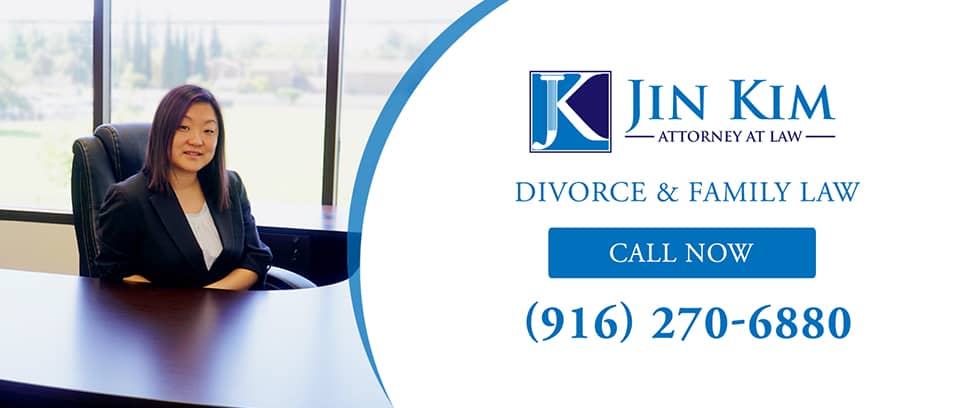In California, divorce usually entails some degree of property division. Employees with benefits such as stock options, vacation pay and pensions may learn that their non-employee spouse is entitled to some portion of those benefits in divorce. To protect your interest in community employee benefits speak with local divorce attorney Jin Kim during a free consultation.
Professional Education
Although education and training received by a spouse are not considered divisible property, nor community property, some remedies may be:
- Reimbursement for the community contribution to education and training or
- Assignment of the related loan
Stock Options
A stock option is a form of benefit given to an employee. It involves the right to buy designated stock at the company if the holder chooses to, usually at a determinable or discounted price. They are usually non-transferable; in most cases, only the employee-spouse granted the option can exercise it.
For stock options, the court is free to decide how to distribute and allocate the community and separate interests in the stock option, if the stock option was granted during the marriage but exercised only after the date of separation.
Accrued Vacation Pay
Vacation pay is another form of benefit given to the employee. The right to receive vacation pay is a form of deferred wages for services rendered. Being such, any vacation pay that accrues during the marriage is considered community property. The present value of the accrued vacation pay may be computed and divided between the spouses.
Pension Rights
The community owns all pension rights that were earned during the marriage. Pension rights can either be vested or non-vested. Vested pension rights survive even after termination of the employment, while non-vested pension rights do not survive termination of the employment.
Retirement benefits can also be partly separate property and partly community property. In this case, the benefits must be divided between the parties in a reasonable manner that reflects the percentage of pension earned during the marriage.
If a total number of years served as an employee is a substantial factor in computing the amount of benefits, the so-called time rule applies. In this case, the community share will equal a percentage based on:
- The length of service performed during the marriage but before separation, divided by
- The total length of service necessary to earn those benefits.
Disability Benefits
Disability payments made to a disabled employee are the separate property of the disabled spouse who receives them.
When the character of disability payments shifts to retirement support upon employee’s reaching retirement age, then the payments will instead be considered community property.
For purchase of private disability insurance with community funds, the disability benefits derived from them will be characterized as follows:
- Treat the benefits as separate property if they intended to replace post-dissolution earnings that would have been the separate-property income of a disabled spouse; and
- Treat the benefits as community property insofar as they are intended to provide retirement income.
Evidence may be presented, including testimony from the spouses, to determine the intent when the insurance was purchased.
Employer Termination Payments
If the right to termination payments accrued during the marriage, the proceeds are characterized as community property, even if the monetary payment was received only after the date of separation. The absolute right to receive it must have been earned during the marriage.
Termination payments may be considered separate property in the following instances:
- Did not accrue during the marriage
- Is based on an employer’s offer after dissolution of the marriage; and
- Is intended as future replacement compensation for long-term employees pursuing new jobs or professions
Severance pay may also be considered separate property if given as a result of a new agreement entered into after the dissolution of marriage or separation.
Workers’ Compensation Benefits
As a general rule, community property includes worker’s compensation benefits received during the marriage and before separation.
However, if what was received is a lump sum permanent disability during the marriage, it is only considered as community property to the extent that it was intended to make up for lost earnings. The rest of the amount will be treated as separate property.
